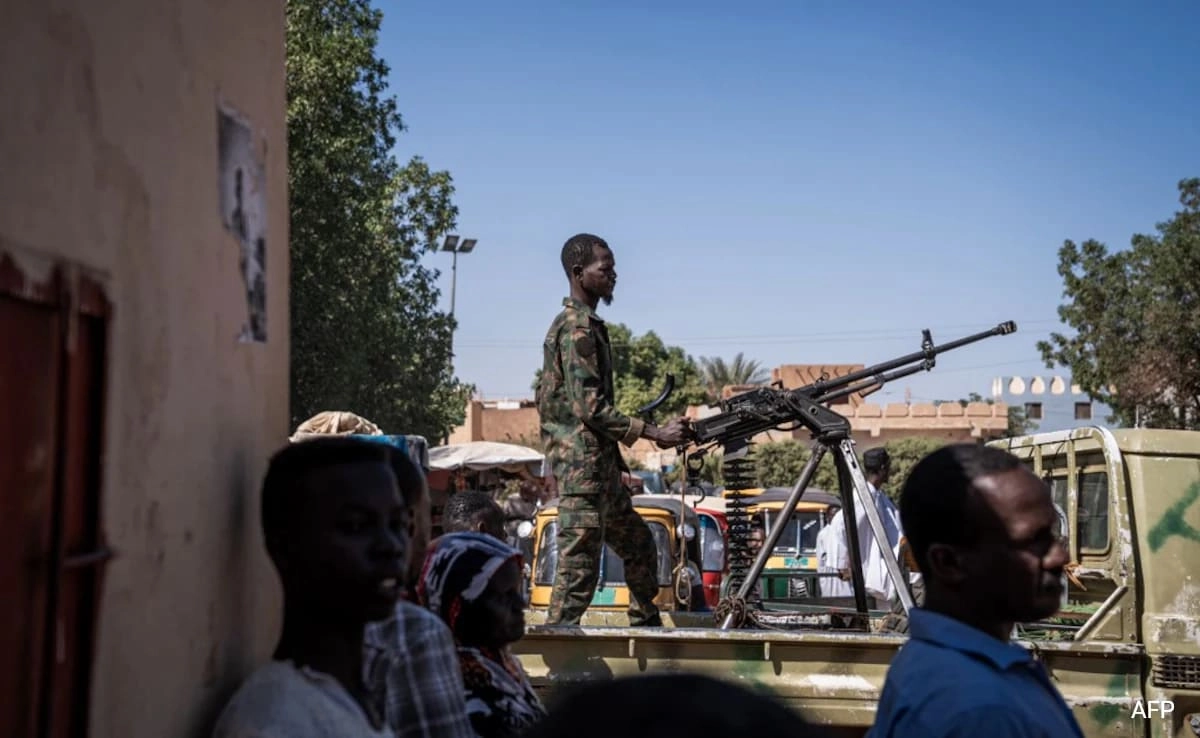The ongoing conflict in Sudan has escalated to alarming levels, primarily fueled by the power struggle between two prominent warlords, General Abdel Fattah al-Burhan and General Mohamed Hamdan Dagalo, commonly known as Hemedti. Both leaders, who were once allies in a military coup that ousted the civilian government in 2021, have now turned against each other, plunging the nation into chaos. This internecine battle has not only exacerbated existing tensions but has also threatened the very fabric of Sudanese society, raising fears of a second partition reminiscent of the division that led to South Sudan’s independence in 2011.
The humanitarian crisis resulting from this conflict is dire, with millions of Sudanese displaced and in desperate need of assistance. The fighting has led to widespread violence, with allegations of ethnic cleansing and war crimes surfacing amidst the chaos. Civilians bear the brunt of this power struggle, caught in the crossfire as the two factions vie for control over key regions and resources. The situation is further complicated by the involvement of various militia groups and foreign interests, which only adds to the volatility and uncertainty that the country faces.
As the conflict continues to unfold, the prospects for peace remain bleak. International efforts to mediate and restore stability have so far yielded limited results. The geopolitical implications of a potential partition are significant, as neighboring countries and global powers closely monitor the situation. The international community must act decisively to prevent a full-scale humanitarian disaster and the potential fracturing of Sudan into rival territories led by warlords. Without a united front to address the root causes of this conflict and support a return to civilian governance, Sudan risks descending into a prolonged period of violence and instability that could have lasting repercussions across the region.
The specter of a second partition looms large over Sudan, and the actions of al-Burhan and Hemedti will largely dictate the country’s future. The time for concerted action is now; if swift measures are not taken to foster dialogue and reconciliation, Sudan may find itself irrevocably divided, with devastating consequences for its people and the broader geopolitical landscape of East Africa. It is imperative that global leaders prioritize this crisis, not only for the sake of Sudan but for the stability and security of the region as a whole.




